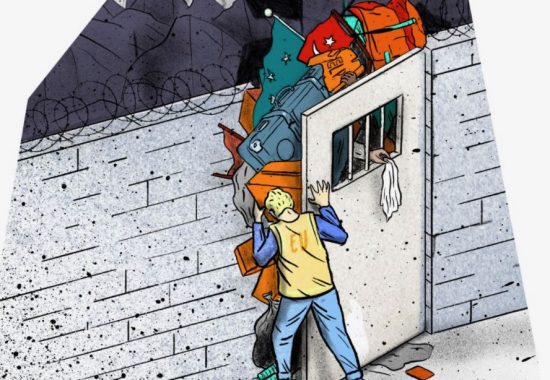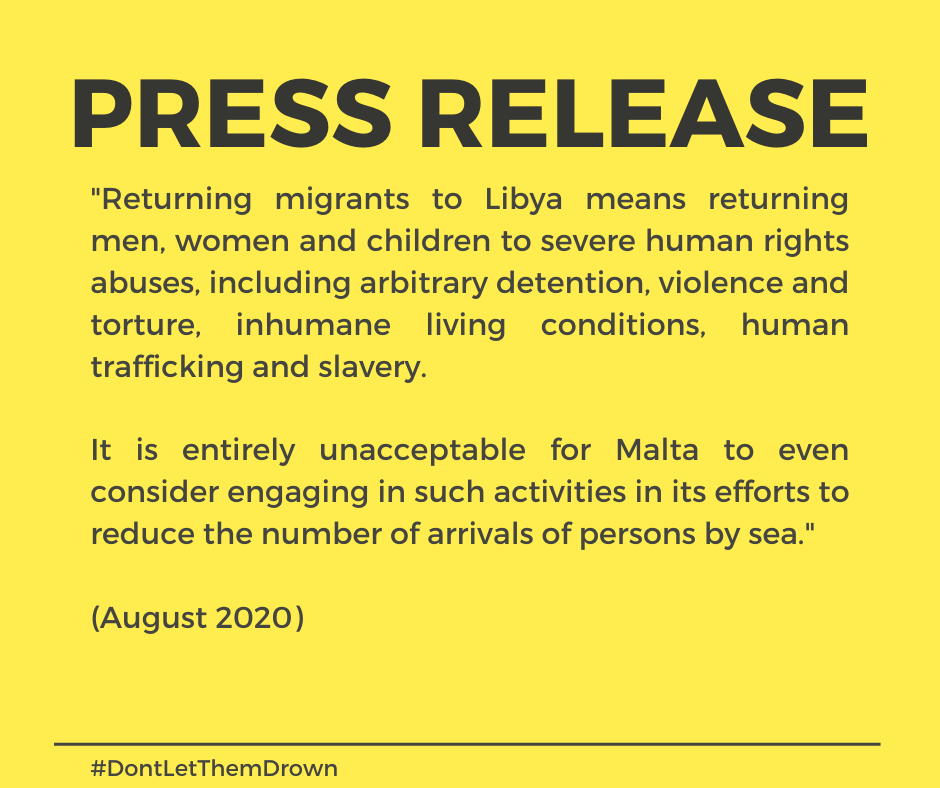Amsterdam, October 20, 2021 – Frontex, the European Border and Coast Guard Agency, is being held accountable for illegally pushing back a Syrian family. The family was illegally deported to Turkey by Frontex in October 2016, shortly after arriving in Greece. It is the first time that Frontex through an action for damages is held responsible before the EU General Court for illegally deporting people and violating fundamental rights. Reports of similar pushbacks by Frontex have been piling up over the past years. The Syrian family is being represented by law firm Prakken D’Oliveira Human Rights Lawyers. Prakken D’Oliveira is supported by the Dutch Council for Refugees, BKB, Sea-Watch Legal Aid Fund and Jungle Minds.
The Syrian family, with four young children between the ages of 1 and 7, applied for asylum in Greece in October 2016. Their request was registered by the local authorities. Eleven days later, the family was nonetheless deported by Frontex and Greek authorities and taken onto a plane to Turkey without any access to an asylum procedure. Nor was an official expulsion order presented. During the flight arranged by Frontex and with their staff present, the four young children were separated from their parents. More so, they were ordered not to speak to each other. In Turkey, the family was immediately imprisoned. After release, they had no access to basic services and were unable to sustain themselves. Fleeing onwards, the family are now living in northern Iraq.
Continue Reading


